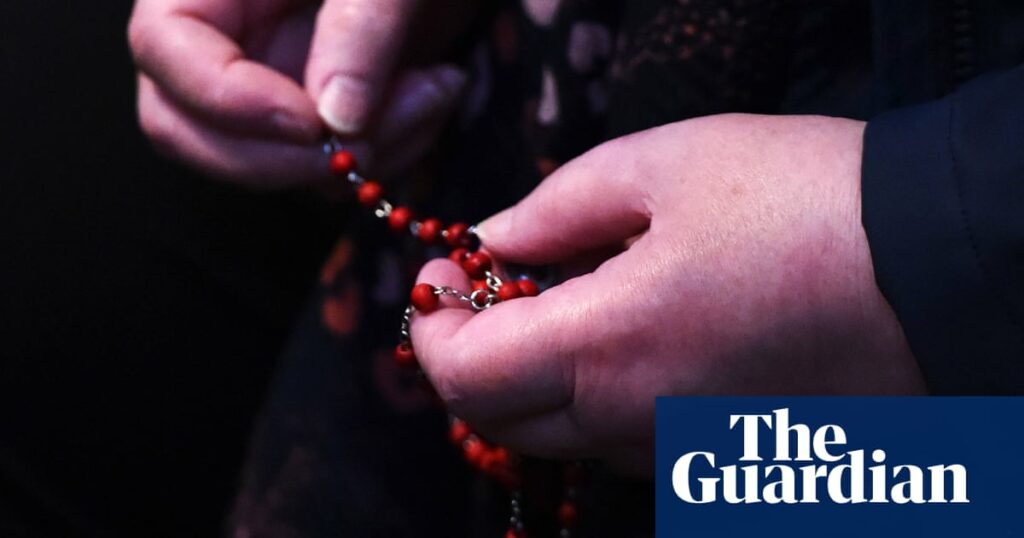PAKISTAN’S CHARADE ON ‘MISSING PERSONS”

Pakistan’s Interior Minister in charge of the citizens’ safety has admitted to people going ‘missing’. But he holds the ‘state’ responsible and calls those responsible “violators of the Constitution”, and promises action.
He does not mention anyone, though. His drawing a line between the ‘government’ of which he is a key functionary, and the ‘state’, remains blurred, indeed inexplicable.
The minister, Rana Sanaullah, was apologetic and even reassuring at a meeting he held in Karachi on September 19, 2002. He was facing angry protests from members of the ruling coalition partner Muttahida Qaumi Movement-Pakistan (MQM-P). The party suspects that the unidentified bodies recovered are those of its activists.
The minister later posted on Twitter: “It’s a matter of embarrassment for the state that instead of bringing people under the law, they are disappeared, and then their bodies are found.”
A few weeks ago, Sanaullah’s boss, Prime Minister Shehbaz Sharif had personally gone to the high court and assured that his government would “leave no stone unturned” in locating and providing relief to those gone ‘missing.
Even Sharif dare not name those responsible – the ‘state’ that Sanaullah pointed to. The open secret in Pakistan is that they are the powerful sleuths of several intelligence agencies. On top is the Army’s Inter-Services Intelligence (ISI).
They come armed in the middle of the night or broad daylight, in several vehicles, nab their prey(s) and vanish. The victim is not heard of, perhaps for weeks. Then, he returns battered and bruised, or not at all. The dead body can be found in a roadside drain. Meanwhile, the family complains, and the police reluctantly register a “missing person” complaint, but do nothing thereafter.
Hundreds simply ‘disappear’ in Pakistan every month. But the elephant in the room, responsible for it is neither seen nor mentioned. The government of the day hums and haws makes solemn promises. Then, nothing happens.
From time to time, the court summons the government and even issues ultimatums. Strictures are passed. Ministers and officials appear in the court and make assurances. Period.
In January 2021, the Islamabad High Court ruled in a 2015 disappearance case that the prime minister and his cabinet bore ultimate responsibility for the state’s failure to protect its citizens. The court called enforced disappearances “the most heinous crime.” In October 2017, the Supreme Court of Pakistan ordered the interior ministry to provide a detailed account of everyone being held. But the disappearances continued.
In the latest pronouncement, Chief Justice Athar Minallah of Lahore High Court observed that the commission, established by the government in March 2011, had failed to provide justice to victims. Despite a mandate to investigate alleged disappearances and hold government officials accountable, the commission traced only one-third of the cases registered with it and did not attempt to hold officials accountable for failing to comply with “orders to produce people unlawfully detained.”
Pakistan is a global leader in what international law and human rights bodies call “enforced disappearances”. Over 8,000 have gone missing since 2001.
Intensified and carried out extensively across the country since 2000 when the country was under the military dictatorship, the third since its birth, of General Pervez Musharraf, this has become a “routine occurrence”, Asian Human Rights Commission (AHRC) noted on the International Day of the Victims of Enforced Disappearances” that fell on August 30.
The Human Rights Commission of Pakistan (HRCP), the non-government watchdog records its concern year after year at this growing phenomenon. It notes that it has spread out of Balochistan and Khyber Pakhtunkhwa provinces, the worst sufferers, and now covers Punjab, Sindh, and the ‘Azad’ Kashmir that Pakistan controls.
The ‘agencies’ as they are called in the media are shadowy figures. There is none to identify them, leave alone hold them responsible.
Over 6500 Balochs and 5000 Pushtuns remain on the ‘missing’ list, their whereabouts, even whether they exist, are unknown. Those disappearing are mainly ‘nationalists’, the groups and individuals who fight for justice. The authorities dub them militants and terrorists and use Islamist militants as their proxies to fight them. These proxies of the state cross limits. Over 2,000 affiliated with religious organizations have ‘disappeared’, rights bodies say.
Condemning “enforced disappearances” before the courts and in media, but not naming those responsible is a charade Pakistan has lived with for two decades, with no sign of respite to the victims. To think that Pakistan headed the United Nations Human Rights panel some years ago!.
